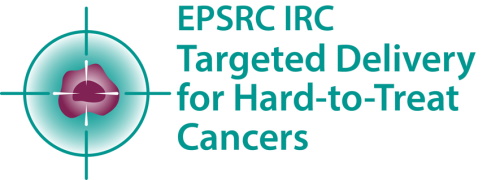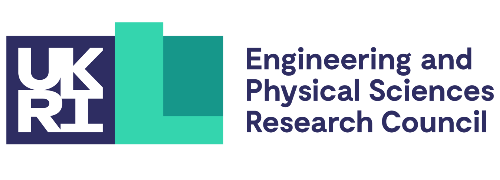
Submitted by L. Millard on Tue, 26/07/2022 - 16:33
This month’s Cancer in Sight blog is written by the IRC’s Professor Stefan Marciniak who explains why targeted delivery could be transformative for mesothelioma patients.
As Professor of Respiratory Science and a Consultant in Respiratory Medicine at Addenbrooke's Hospital and the Royal Papworth Hospital, Cambridge, mesothelioma is one of the conditions Stefan Marciniak diagnoses in his clinical practice.
This month's blog, titled ‘Taking a multidisciplinary approach to better target mesothelioma’, sets out the challenge of mesothelioma – standard treatment has remained relatively stagnant for about 20 years, surgery has so far not been shown to have significant benefit and the outlook for many patients with mesothelioma remains bleak. Professor Marciniak cites the clinical challenge as “the main impetus for our research” at his lab based at the Cambridge Institute for Medical Research (CIMR).
Professor Marciniak reflects on the critical mass of knowledge and expertise in mesothelioma emerging at Cambridge, including setting up the national tissue bank, Mesobank, now based on the Cambridge Biomedical Campus, with colleague and Professor of Thoracic Oncology at Cambridge, Robert Rintoul, who also leads the regional specialist Mesothelioma Centre at the Royal Papworth Hospital. This activity also led to mesothelioma being one of the three hard-to-treat cancers targeted by the IRC programme.
Professor Marciniak writes: “At the IRC researchers are looking at more innovative ways of delivering existing drugs – trying different types of drugs to treat mesothelioma simply hasn't worked. Mesothelioma is largely restricted to the pleural space between the chest wall and the lung that can fill up with either tumour or fluid. Mesothelioma can spread, but the disease development is mainly progressive and locally invasive – which means targeted treatments should be effective.”
The blog presents current multidisciplinary research with IRC colleagues David David Fairen-Jimenez, Professor of Molecular Engineering, and Oren Scherman, Professor of Supramolecular and Polymer Chemistry, that is exploring new technologies for targeted drug delivery. This includes the use of metal organic frameworks as high capacity nanoparticular delivery vehicles with targeting capabilities to look at how these devices are taken off by mesothelioma cells. Research is also considering possibilities of using hydrogels that are currently being developed for direct application to the resection cavity in the brain following removal of the bulk of a glioblastoma tumour.
Professor Marciniak writes: “The hydrogels release chemotherapeutic agents at the resection surface immediately targeting residual tumour fragments, and could be applicable to mesothelioma for which chemotherapy is currently given systemically causing side effects. But if the chemotherapy-eluting gels could be developed to work inside the chest cavity in the same way, that would certainly have benefits for the patient.”
• Read the full blog ‘Taking a multidisciplinary approach to better target mesothelioma’ by Professor Stefan Marciniak here.
.


